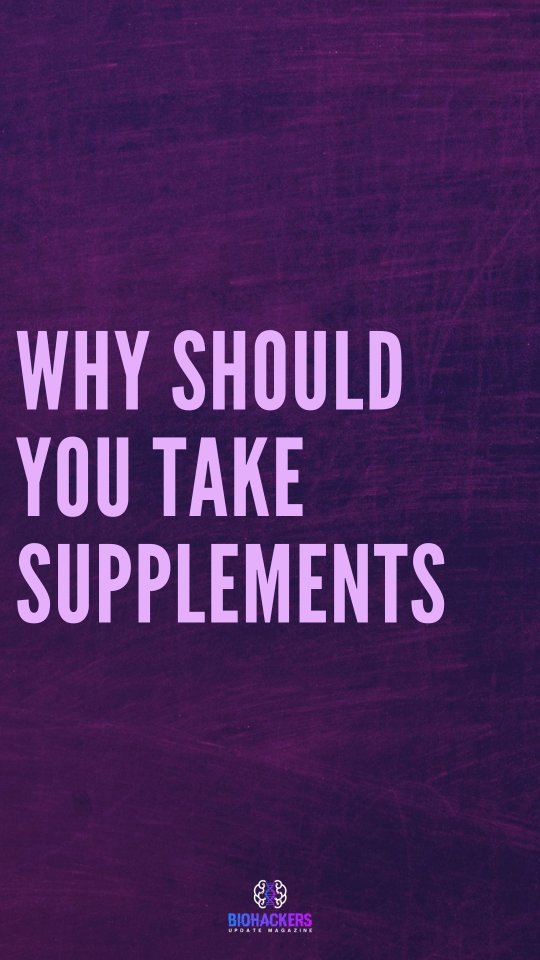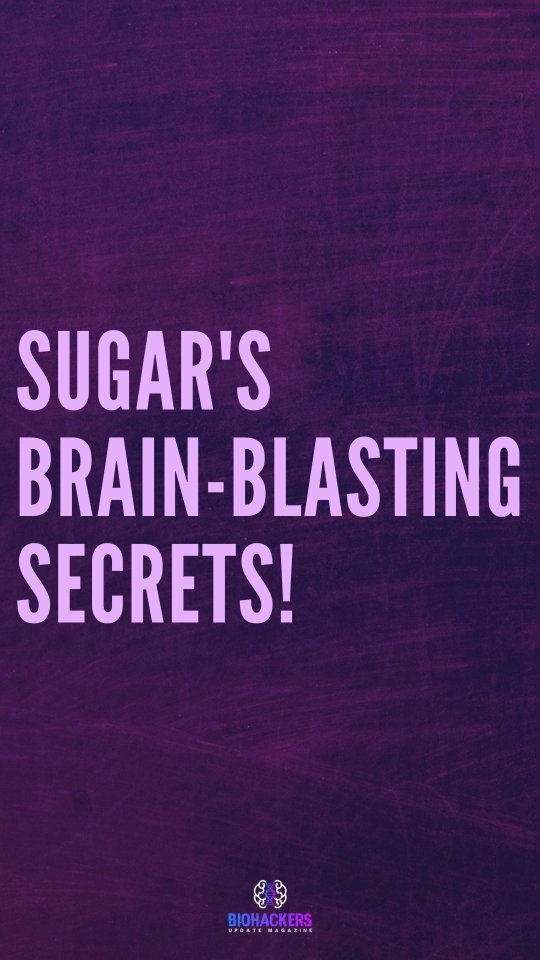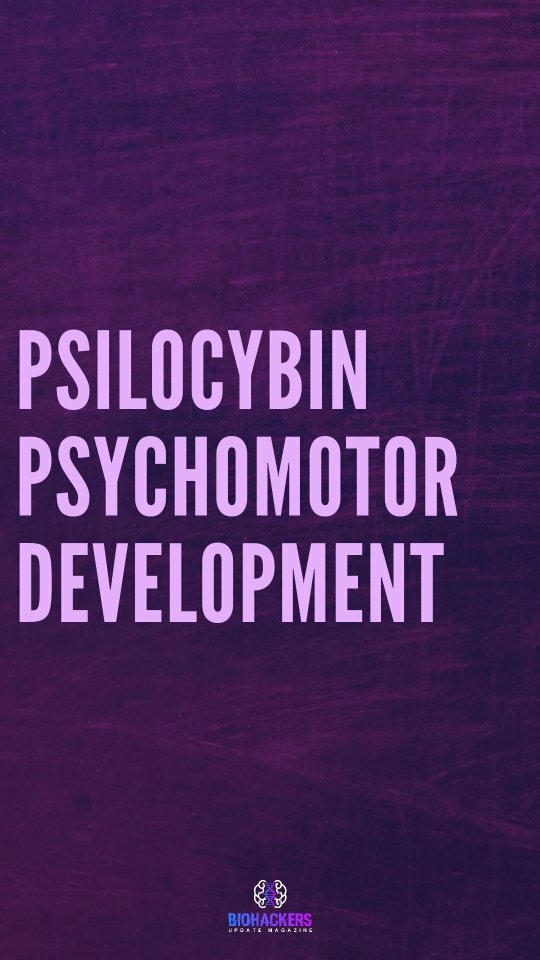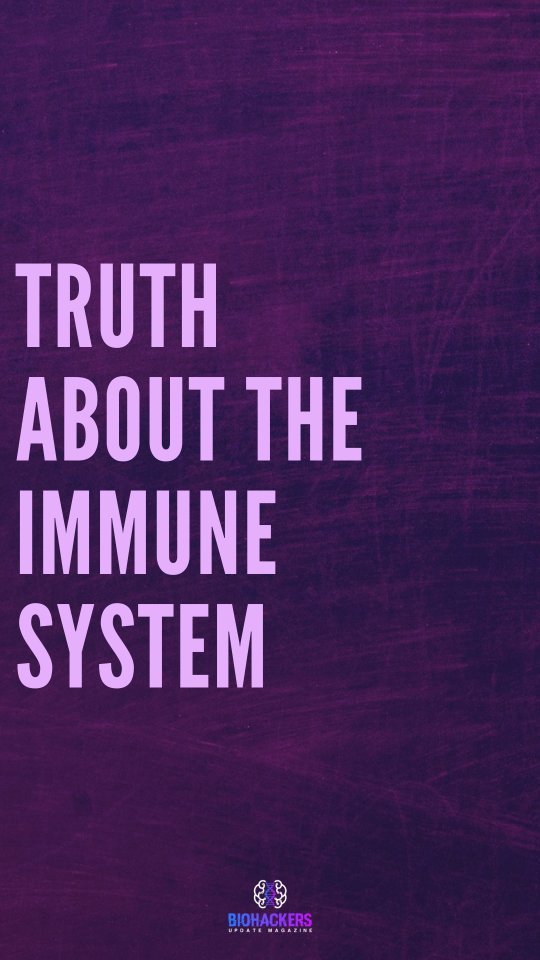Serotonin. We need it. We desire it, and we’re all willing to go to drastic extremes to get it. That fuzzy, feel-good feeling that overcomes us upon exhibiting a practice that makes us feel happiness is directly associated with this neurotransmitter and the lack of it results in detrimental effects that affect the human brain in our daily lives.
Serotonin: What is it?
Serotonin is a naturally occurring neurotransmitter that carries signals between neurons throughout the body. Its direct effect on our brain results in mood regulation and memory, and is essentially what makes us feel happy. However, serotonin has vital job functions throughout the entirety of the human body, and is not strictly confined to the brain. In fact, the majority of the serotonin produced is found in the gut, the intestines being the greatest producer of serotonin with its vitality in the process of our digestion. Serotonin further affects our sleep, sexual activity, bone health, and blood clotting.
Guts and Brain: The Crucial Connection
The absoluteness of our body relies heavily on serotonin to work functionally. The neurotransmitter behaves as a regulator for our system. While resting, our body utilizes profoundly a well-known hormone called melatonin, which is critical to the proper functioning of the sleep cycle. We rely on serotonin to produce melatonin, therefore a deficit or an overabundance of the neurotransmitter disrupts the sleep cycle. Low levels of serotonin will make an individual feel a lack of energy, happiness, and motivation thus resulting in mental illness such as depression and anxiety disorders.
The essential effects of serotonin don’t stop there. In the event of an injury, an increase in serotonin leads arterioles to narrow which constricts blood flow. The narrowing of arterioles and constriction of blood flow are prime processes of blood clotting. Gut-derived serotonin circulating at a high frequency throughout the body is responsible for weak bone density and conditions such as osteoporosis. Research suggests that a category of antidepressants called SSRI’s is associated with decreased bone density. Finally, serotonin further alters the frequency and intensity of sexual feelings experienced by an individual. Elevated serotonin levels are directly linked with an increase in sexual desire.
Satiety: The Appetite Regulator
Serotonin is our very own natural appetite suppressant, working by curbing or shutting off entirely appetite and offering a feeling of satiety (the feeling of fullness one obtains after eating a grand meal) making it a key element in the journey of weight loss followed by many. MIT studies conducted by Doctor Richard Wurtman demonstrate that the building block of serotonin could only enter the brain through the consumption of sweet or starchy carbohydrates that were eaten, therefore, when consuming a snack such as bread or pasta, new serotonin formed in the brain halts appetite, leaving you feeling already satiated. A successful weight loss story therefore heavily relies on the amount of serotonin in your brain to regulate food intake, as well as the moderate consumption of carbohydrates.
Low Serotonin: The Mental Health Connection
Low levels of serotonin are closely linked to mental health disorders such as depression, anxiety, and other mood disorders, however, it is important to note low serotonin levels are not enough by itself to cause depression and that such disorders are multifactorial, meaning there is more than one cause for its occurrence. Low serotonin levels often are detected due to two reasons, though there are multiple factors possible: The first reason is simply there being too little amounts of serotonin and the second being inefficient use of serotonin. Your body may not be able to support the production of serotonin due to a deficit in nutrition and vitamins. Low Vitamins B6 and vitamin D levels both result in a decrease in serotonin levels. If your body doesn’t have enough serotonin receptors in the brain, or if they are damaged and no longer do their job the way they should by breaking down or absorbing serotonin too quickly, this leads to your body not using it efficiently.
Prozac: The Mood Booster
Prozac is one of the better-known SSRI’s often used to treat anxiety or depressive disorders which work by preventing the brain from reabsorbing naturally produced serotonin, therefore aiding in the process of maintaining enough serotonin required for a general feeling of wellbeing. Prozac leaves the patient with a feeling of relaxation, greater interest in life, a decrease in anxious behaviors, greater quality of sleep and appetite, and an increase in energy and focus. Studies strongly point towards it affecting the gut’s microbiota, “Previous studies from our labs and others showed that certain gut bacteria respond to serotonin and drugs that influence serotonin, like antidepressants. This is a unique form of communication between bacteria and our cells through molecules traditionally recognized as neurotransmitters.” (Thomas Fung). As 90% of serotonin in our body is produced by the gut for immunity, correct usage of Prozac points to a beneficial aspect on the body.
Be a Better You!
Serotonin clearly has a vital effect on the body, its role regulating our body in hundreds of beneficial ways. Thankfully there are natural biohacks to improve Serotonin levels! Certain foods such as bananas, beans, eggs, leafy greens, fatty fish, fermented foods, and turkey are a great source of the key nutrients required for the production of the neurotransmitter. Regular exercise boosts serotonin levels off the chart, helping to fight not only low serotonin levels but additionally depression and other mood disorders by supporting cardiovascular health. Massages are a relaxing easy method of raising serotonin and dopamine levels and decreasing cortisol, also known as the stress hormone. Light exposure further supports your body in the production of serotonin, as levels may decrease if you experience a lack of sunlight. A good tip is to spend 10-15 minutes soaking up the sunlight (with sunscreen of course!) which will result in a boost of vitamin D, a key element of serotonin production. Take care of your body, practice a hobby that makes you smile, have a walk outside; be a better, happier you!

Subscribe For More Awesome Content
To receive the latest news and updates from the world of Biohacking.











